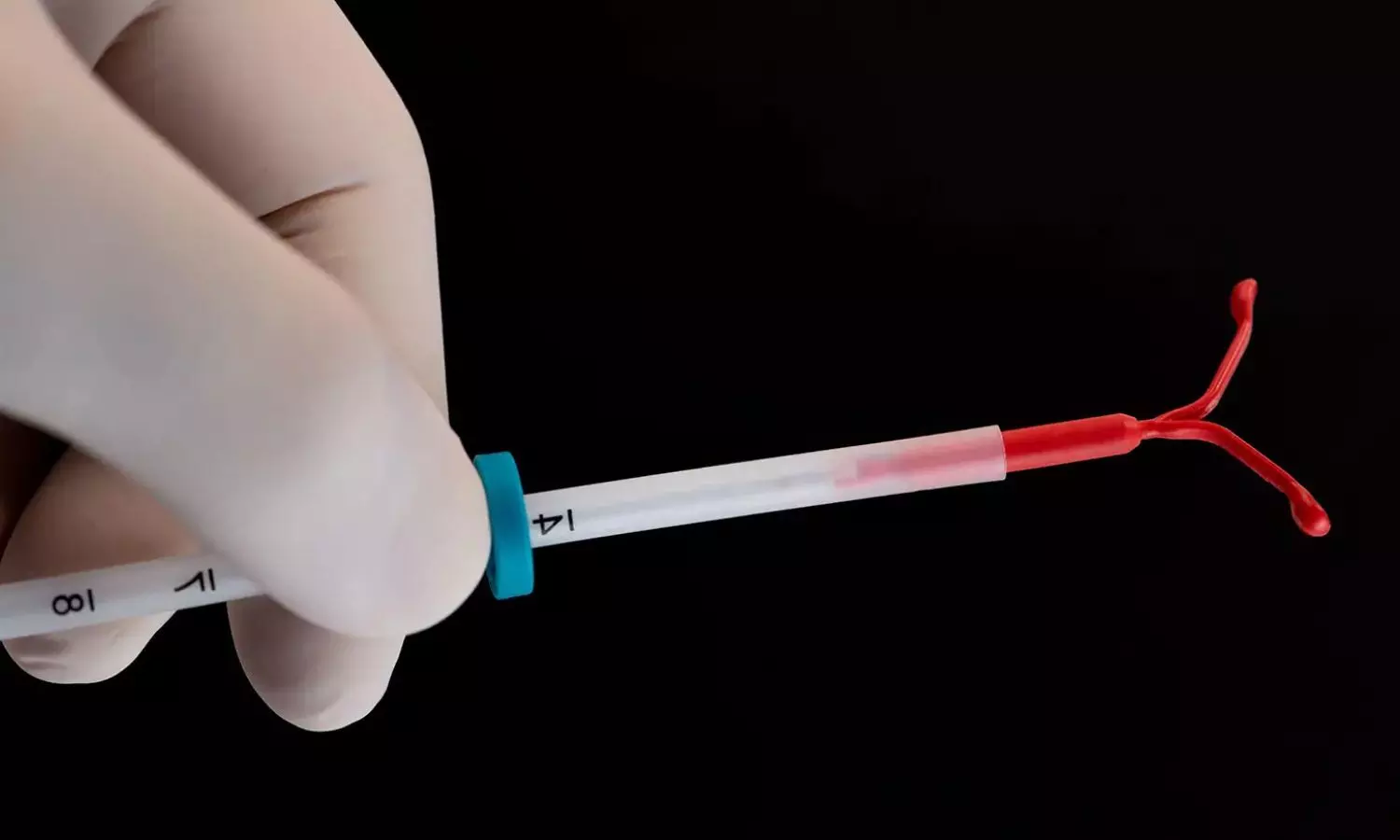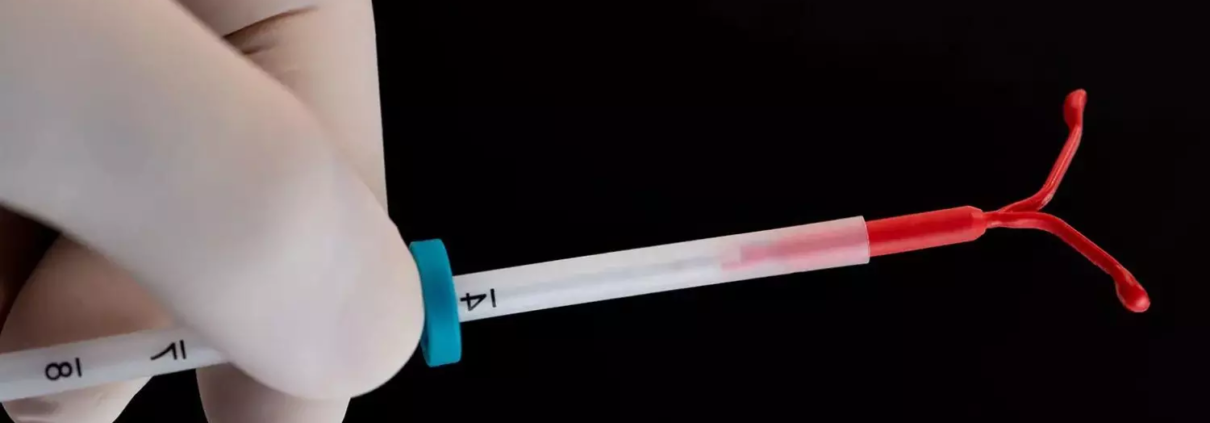Mepivacaine can reduce pain during IUD placement in Nulliparous Women, reveals research

A groundbreaking study revealed that intrauterine
mepivacaine can significantly reduce pain during intrauterine device placement
in nulliparous women who are at high risk of unintended pregnancy as per a
trial that was published in the American Journal of Obstetrics & Gynecology.
Providing access to successful and effective contraceptive
methods is necessary for comprehensive family planning among women in the reproductive
age group. Long-acting reversible contraception (LARC), such as intrauterine
devices (IUDs) and subdermal implants are the most effective reversible
contraceptive options available and recommended as per international
guidelines. However, fear of pain and discomfort during the IUD placement is a
major barrier to the uptake of IUDs among nulliparous women. Hence, researchers
conducted a trial to assess whether the instillation of intrauterine
mepivacaine before IUD placement alleviates pain more effectively than a
placebo.
a multicenter, double-blind, randomized, placebo-controlled
trial was carried out involving nulliparous women who were ready for IUD
placement. A hydrosonography catheter was used for the intrauterine
instillation of 10 mL of 20 mg/mL mepivacaine or 0.9 mg/mL sodium chloride and
administrated 2 minutes before IUD placement. A 100 mm visual analog scale
(VAS) was used to assess pain at prespecified time points. The primary outcome
was to assess the difference in VAS pain scores between the intervention group
and the placebo group during IUD placement. Secondary outcomes included VAS
pain scores at instillation and 10 minutes after placement, tolerability of the
placement pain, as well as acceptability of the analgesia method.
Findings:
About 151 participants were enrolled, with 76 randomized to
the mepivacaine group and 75 to the placebo group.
The mean VAS pain score during IUD placement showed a
difference of 13.3 mm.
The mepivacaine group had a mean of 53.9 mm, while the
placebo group had a mean of 67.2 mm suggesting that mepivacaine was effective
in reducing the pain.
A statistically significant difference between the pain
scores was seen after adjusting for each individual provider’s impact.
A greater proportion of women in the intervention group
reported tolerable pain during placement with 70/75 participants (93.3%)
compared to 53/66 participants (80.3%) in the placebo group.
Thus, the study concluded that intrauterine instillation of
mepivacaine results in a statistically significant reduction in pain scores
among nulliparous women during IUD placement. The researchers concluded that
there was a reported high acceptance of the IUD after mepivacaine due to
tolerable pain levels reported by women.
Thus, intrauterine mepivacaine installation has better
clinical relevance during IUD placement in reducing pain in nulliparous women
who are at high risk of unintended pregnancy.



